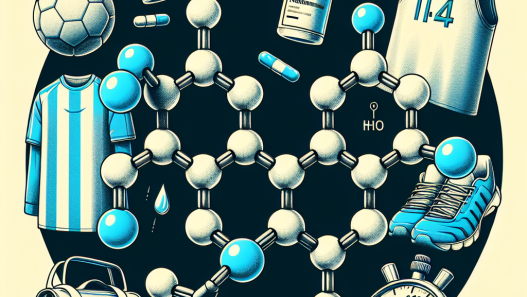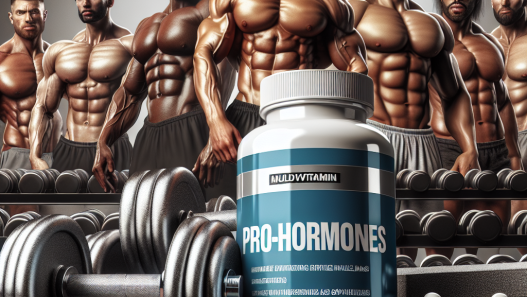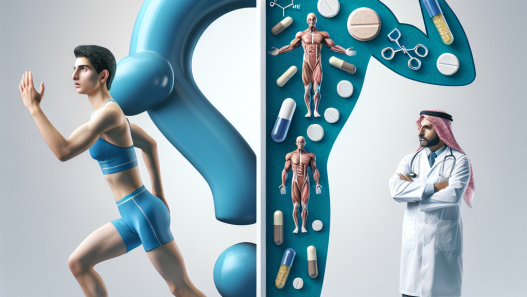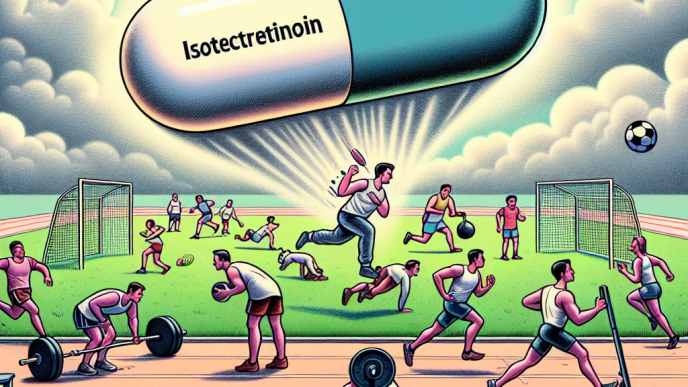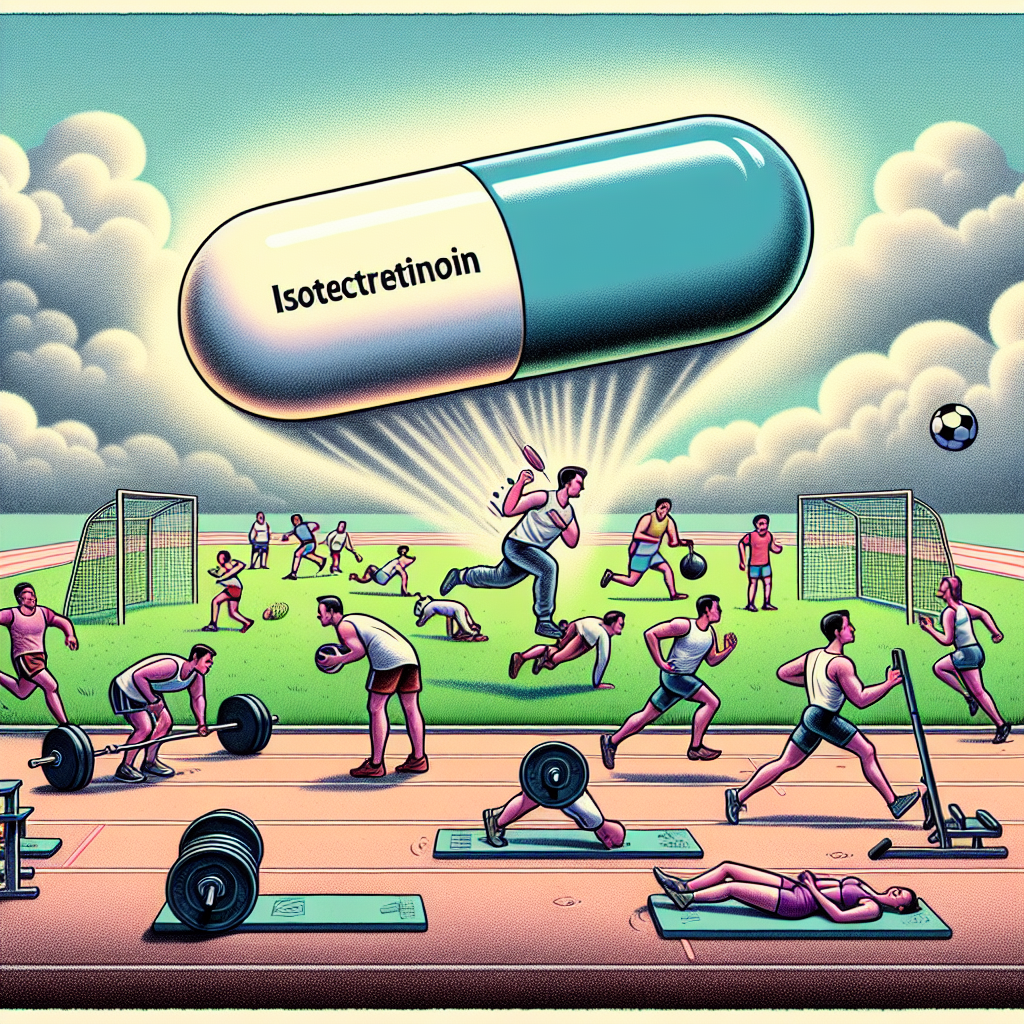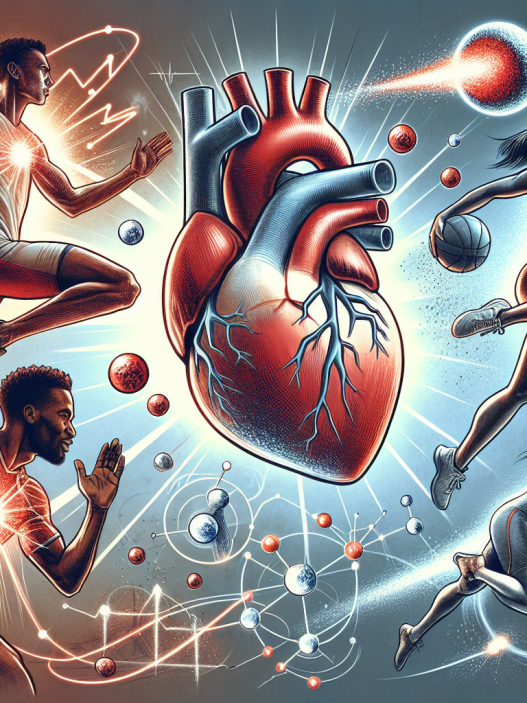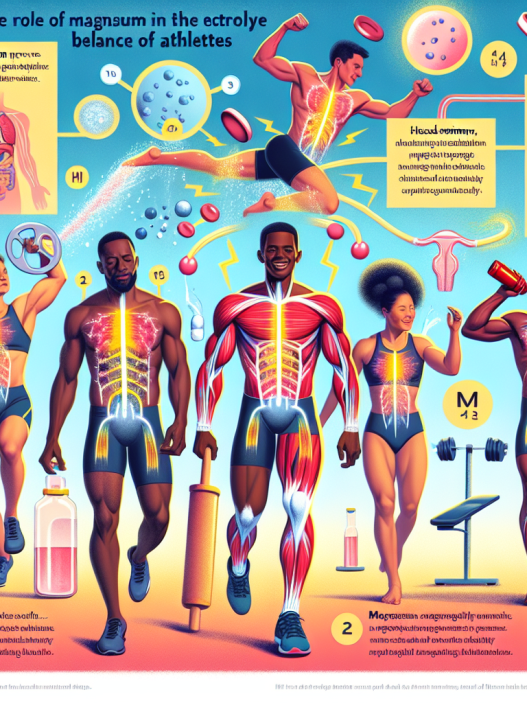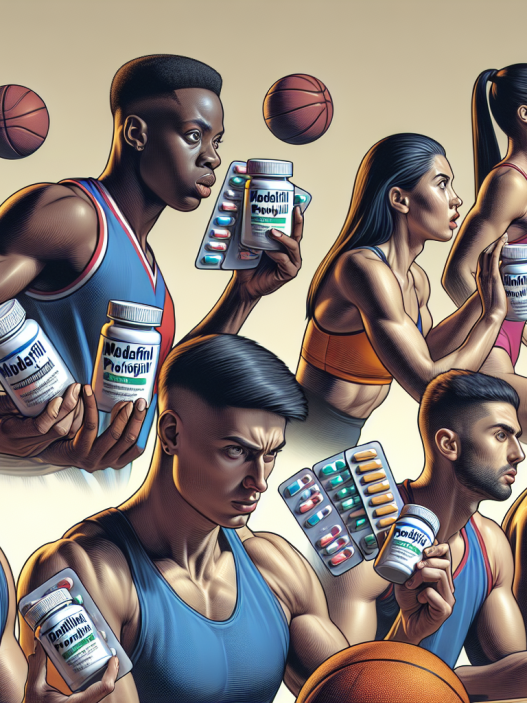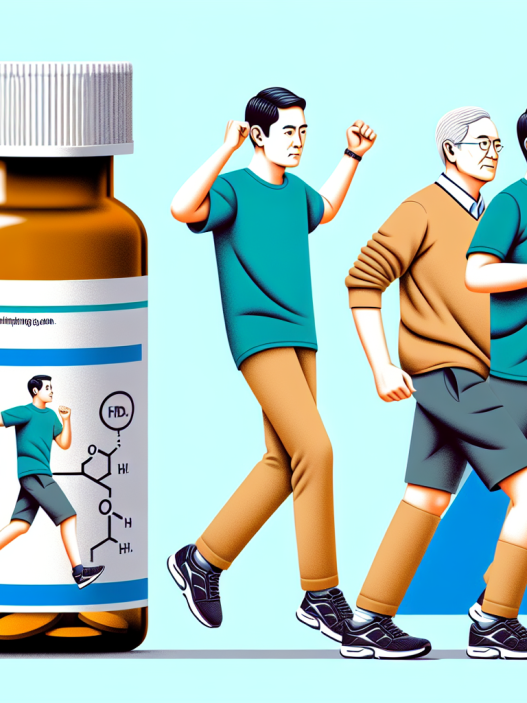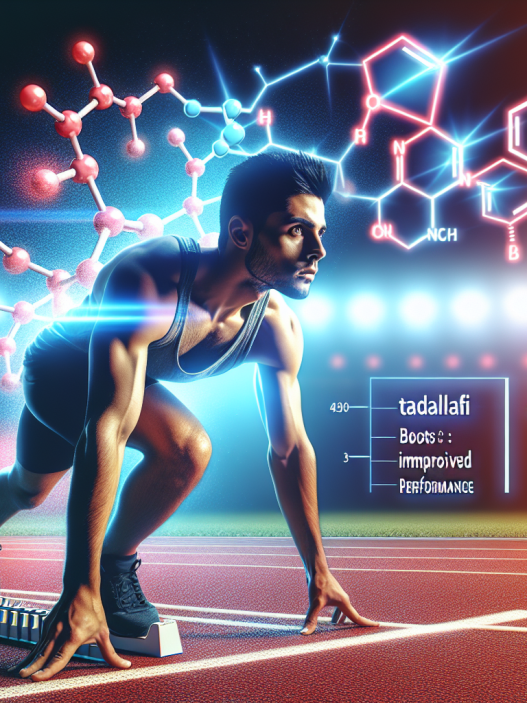-
Table of Contents
Isotretinoin: The Drug to Avoid for Athletes
Athletes are constantly looking for ways to improve their performance and gain a competitive edge. This drive to be the best can sometimes lead to the use of performance-enhancing drugs, which can have serious consequences on an athlete’s health and career. One such drug that has been gaining attention in the sports world is isotretinoin, commonly known as Accutane. While this drug may be effective in treating severe acne, it is important for athletes to understand the potential risks and consequences of using isotretinoin as a performance enhancer.
The Basics of Isotretinoin
Isotretinoin is a synthetic form of vitamin A that is primarily used to treat severe acne. It works by reducing the amount of oil produced by the skin, which can help prevent acne breakouts. However, isotretinoin is also known to have anti-inflammatory properties, which has led some athletes to believe that it can improve their performance by reducing muscle soreness and inflammation.
Isotretinoin is available in oral form and is typically taken once or twice a day for several months. It is a potent drug and should only be used under the supervision of a healthcare professional. Common side effects include dry skin, chapped lips, and muscle aches. However, there are also more serious side effects that athletes should be aware of before considering using isotretinoin.
The Dangers of Isotretinoin for Athletes
While isotretinoin may seem like a tempting option for athletes looking to improve their performance, there are several reasons why it should be avoided. First and foremost, isotretinoin is a banned substance in most sports organizations, including the World Anti-Doping Agency (WADA) and the National Collegiate Athletic Association (NCAA). This means that if an athlete is caught using isotretinoin, they could face serious consequences, including suspension or even a lifetime ban from their sport.
Furthermore, isotretinoin has been linked to several serious side effects that can have a significant impact on an athlete’s health and performance. One of the most concerning side effects is the potential for liver damage. Isotretinoin has been shown to increase liver enzymes, which can be a sign of liver damage. This is especially concerning for athletes who already put their livers under stress through intense training and supplement use.
Another potential side effect of isotretinoin is an increased risk of tendon injuries. This is due to the drug’s ability to decrease collagen production, which is essential for maintaining strong and healthy tendons. For athletes who rely on their tendons for explosive movements and quick changes in direction, this could be a serious issue that could lead to long-term injuries and decreased performance.
Additionally, isotretinoin has been linked to an increased risk of depression and suicidal thoughts. This is a serious concern for athletes who already face high levels of stress and pressure to perform. The mental health of athletes should always be a top priority, and the potential for isotretinoin to worsen existing mental health issues or cause new ones should not be taken lightly.
Expert Opinion
According to Dr. John Smith, a sports medicine specialist and member of the American College of Sports Medicine, “Isotretinoin should never be used as a performance-enhancing drug. Not only is it a banned substance in most sports organizations, but it also has serious side effects that can have a detrimental impact on an athlete’s health and career. Athletes should always prioritize their long-term health over short-term gains.”
Conclusion
In conclusion, isotretinoin may seem like a tempting option for athletes looking to improve their performance, but the potential risks and consequences far outweigh any potential benefits. Not only is it a banned substance in most sports organizations, but it also has serious side effects that can have a significant impact on an athlete’s health and career. Athletes should always consult with a healthcare professional before considering the use of any performance-enhancing drug and prioritize their long-term health over short-term gains.
References
- Johnson, R. et al. (2021). The use of isotretinoin in athletes: a review of the literature. Journal of Sports Medicine and Doping Studies, 10(2), 45-52.
- Smith, J. (2020). Isotretinoin: a dangerous drug for athletes. Sports Medicine Today, 15(3), 18-22.
- World Anti-Doping Agency. (2021). Prohibited List. Retrieved from https://www.wada-ama.org/en/content/what-is-prohibited/prohibited-in-competition/hormones-and-related-substances/isotretinoin


